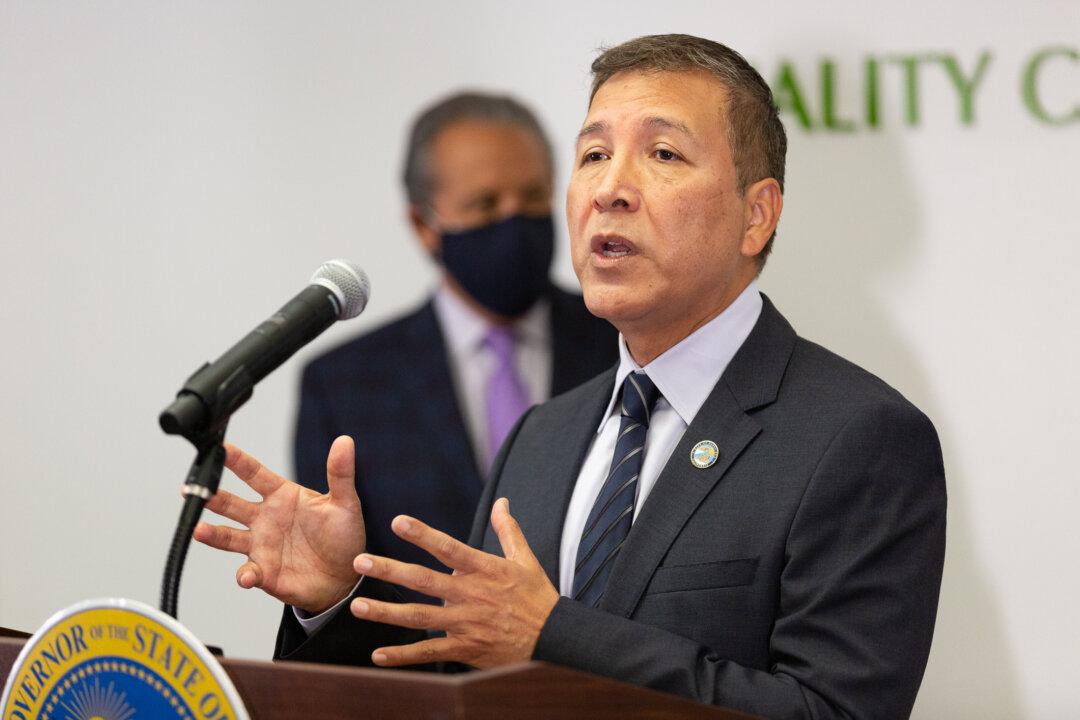SANTA ANA, Calif.—Orange County supervisors voted Tuesday to ask state officials to reconsider a needle-exchange program in Santa Ana.
The program by the Harm Reduction Institute comes about five years after the county prevailed in litigation to halt another needle-exchange program based on arguments that it led to an increase in littering in the city.





